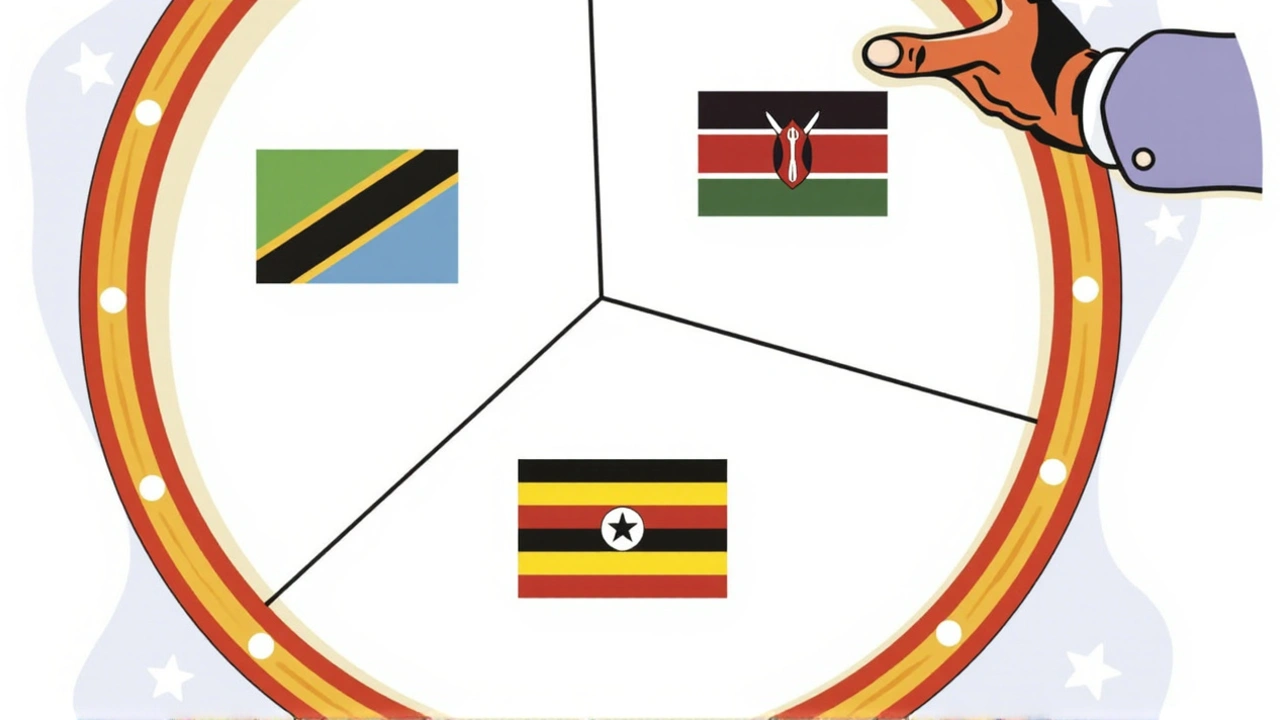Understanding Climate Change Impact Across Africa
Climate change isn't a far-off issue—it’s reshaping Africa’s environment and daily life right now. Rising temperatures and shifting rainfall patterns are hitting farmers hard, making food security uncertain. Droughts in Kenya, floods in Mozambique, and desert expansion in the Sahel are just a few examples of what’s happening. These changes don’t just affect nature; they disrupt economies and increase health risks too.
People living near rivers and coasts face new challenges as water sources become unpredictable or contaminated. Wildlife habitats shrink, threatening biodiversity that's vital to ecosystems and local livelihoods. The situation calls for urgent action, but solutions must fit local realities to be effective.
How Communities Are Fighting Back
African communities are using creative ways to deal with climate change. In Ethiopia, farmers adopt drought-resistant crops and rainwater harvesting to protect their harvests. In South Africa, renewable energy projects offer cleaner power while reducing reliance on fossil fuels. These strategies show that adapting to change is possible when solutions are practical and community-focused.
Governments and groups across Africa are also pushing for stronger policies and more climate funding. This support helps scale up efforts, from improving disaster responses to restoring forests that absorb carbon. The fight against climate change here isn’t just about survival—it’s about building a future where people and nature thrive together.

